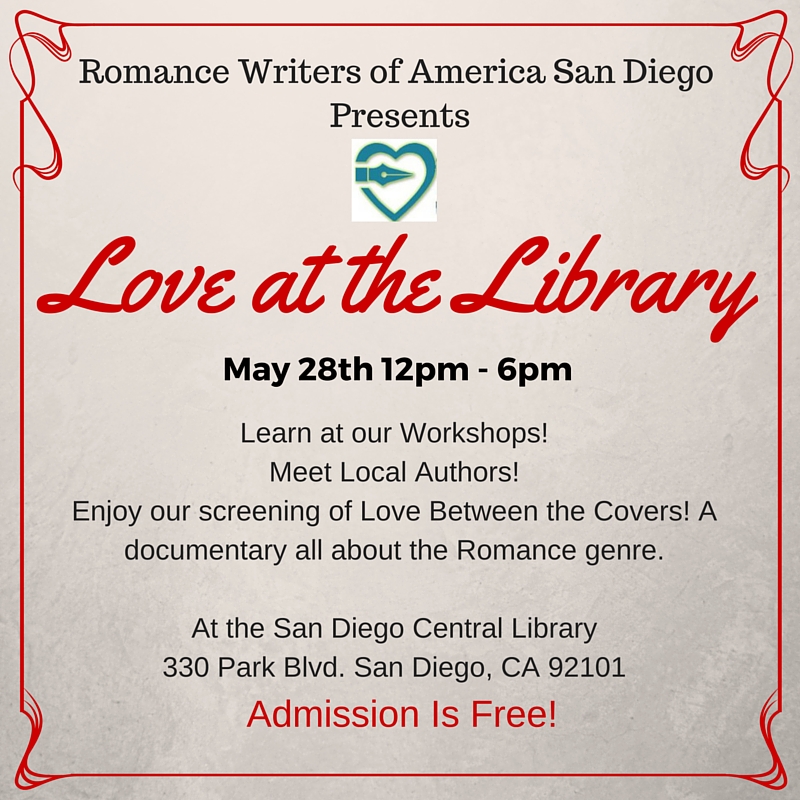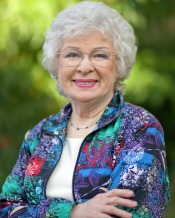I grew up in a time when movies were banned, but very few books. Students were given lists of recommended reading and expected to choose wisely for their book report. Helicopter parents were unheard of and the National Security Agency did not govern our lives. And we proudly said the Pledge of Allegiance to the flag without stumbling over the words. Those were the forties.
Our children grew up in the sixties. A time of unrest. A time of change. A time when freedom of speech became a line drawn in the sand and newspaper reporters went to prison rather than reveal their sources, guaranteeing intellectual freedom, and opening doors for writers like me.
When did those doors start slamming? Why have we closed our eyes and ears to what's happening?
A used bookstore in Tucson has a permanent display of banned books, and provides handouts supporting intellectual freedom, the readers' right to decide what to read. Their display certainly opened mine. Books I'd read were now on the banned list, making me pause and causing me to wonder about those books.
Why should Little Black Sambo and Huckleberry Finn have to be rewritten? Those books were written about how things were at that time, good or bad. Let the reader decide.
Should A Tale of Two Cities be rewritten to omit the violent deaths at the guillotine Dickens describes in gory detail? The unsanitary conditions of London's streets? That's like the outspoken few trying to claim the holocaust never happened. It did.
Future generations must be allowed to read about times past and make up their own minds.
Intellectual freedom, that's what it's called, and what everyone needs, along with freedom of speech.
In the early sixties the latest best seller -- its title slips my mind -- was all my friends talked about so, anxious to read the book, I put in a request for it at the bookmobile. It eventually made its way into my hands and I couldn't wait to get it home and find out what all the excitement was about. To my surprise and disgust, every other word on the page was a curse word. Five pages into the book I closed the cover and returned that best seller to the bookmobile.
I censored the book, not some outspoken do-gooder telling me what to read.
In a letter to 28 newspapers, signed by Ed Morrow, president American Booksellers Assn. and Harry Hoffman, president, Walden Book Co., Inc in 1990 wrote: "Censorship cannot eliminate evil. It can only kill freedom. We believe Americans have the right to buy, stores have the right to sell, authors have the right to write and publishers have the right to publish Constitutionally-protected material. Period."
Except for those books considered a danger for young, impressionable minds to read, stop the censorship. Give us back the freedom to make up their own minds.
That's my opinion about banned books. What's yours?


 RSS Feed
RSS Feed
